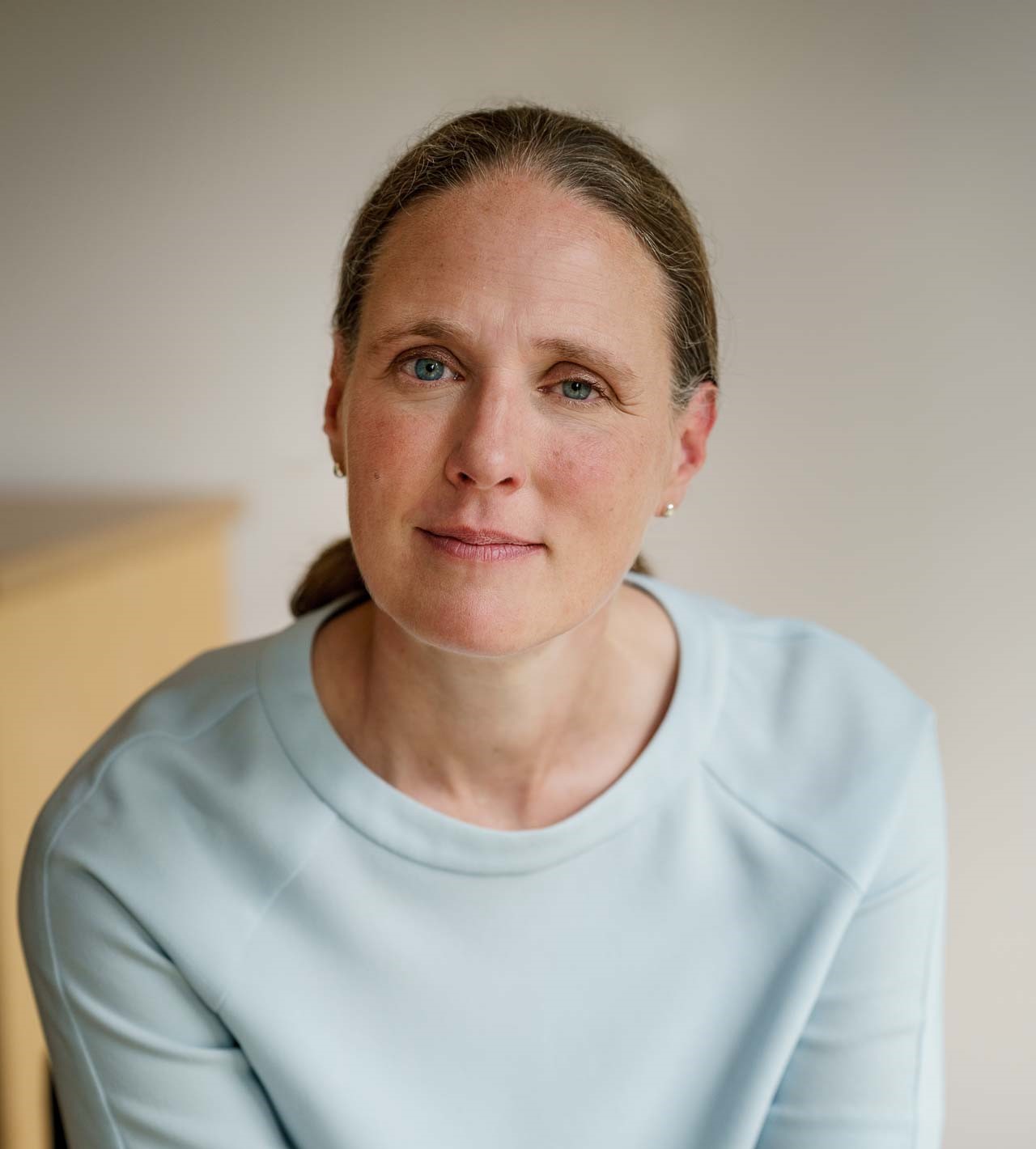Extremism will flourish unless we do democracy differently

- Sarah Davidson, Carnegie UK
- 5 May 2025
- 3 minute read
First published in The Times on 1st May 2025.
Last week, Scotland’s First Minister assembled politicians, civic leaders and experts to confront the alarming rise in political extremism at home and abroad.
But I had to warn them that the most pressing threat to our democracy might not be who the country elects at next year’s Holyrood elections. Rather it is the growing number of people in Scotland who don’t believe government and politics works for them full stop.
The picture is bleak. According to Carnegie UK polling, four in five Scots feel powerless to influence decisions at the UK level. Three in five say the same about decisions in Scotland. Barely half of us believe we can shape what happens in our own communities.
When 52% of people say they have little trust in MPs, and over a third feel the same about MSPs, we must ask tough questions about our democratic institutions.
This matters, not just because extremism feeds on alienation, but because no government can function effectively without trust. It doesn’t matter if we’re talking public health or road safety, people won’t follow guidance unless they believe it is acting in their best interests.
While politicians have long attracted a reputation for being slippery, we have to worry when people say they don’t trust institutions like their local council or the NHS. And it isn’t just elected members who must rebuild trust. All parts of the state must forge stronger relationships with citizens and communities.
Research by the OECD confirms what anyone who’s had a frustrating phone call with a public service would intuit: our satisfaction with day-to-day interactions with institutions matters when it comes to trusting the system as a whole.
With growing financial pressure on public services in Scotland, it’s little wonder that this trust is dwindling. But all public bodies must find new and better ways of serving people if they’re going to help rebuild trusting relationships between state and citizen.
However, while reforms to public services are necessary, they’re only part of the story. To sustainably restore trust, public-sector decision-makers must cede some power.
According to our research, participative models—like citizens’ juries and panels—that bring members of the public together to consider and decide key issues can restore trust.
Sadly in Scotland and across the UK, these approaches are too often underused and underfunded.
The First Minister’s summit was all about dialogue. While rebuilding trust won’t happen overnight, it must begin with listening, sharing power, and treating people as partners in democracy.
Scotland’s challenge is not just to govern better, but to govern in partnership with its people. Without that shift, political disillusionment will deepen—and the space for extremism will only continue to grow.
Help us make the case for wellbeing policy
Keep in touch with Carnegie UK’s research and activities. Learn more about ways to get involved with our work.
"*" indicates required fields
